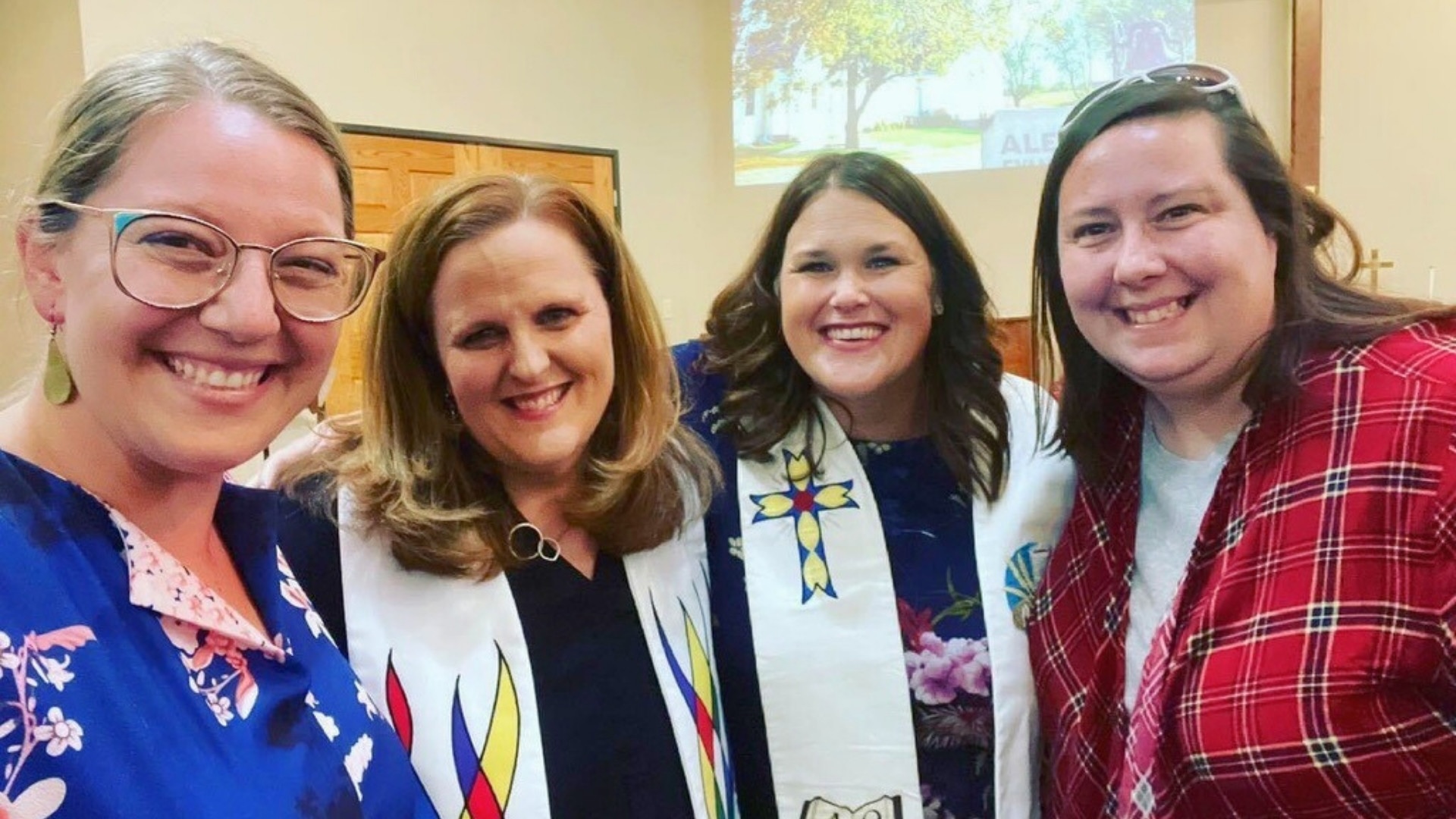In Luke 15:1-7, Jesus tells a parable in response to the criticism of the Pharisees. Tax collectors and sinners were gathering around to hear Jesus, but the Pharisees muttered, “This man welcomes sinners and eats with them.” In response, Jesus shares the story of a shepherd with 100 sheep, one of which goes missing. The shepherd leaves the 99 to find the lost one and rejoices when it is found.
To illustrate this parable, let’s think about something as simple as a Lego set. Imagine you have 99 Legos, but one is missing. It might seem trivial at first, but there’s something about that one missing piece that makes the whole set incomplete. Jesus’s parable highlights the importance of the lost sheep—the one piece that is missing and absolutely needed.
Jesus was responding to the Pharisees, the religious leaders who knew all the rules. They were frustrated by Jesus’s interactions with sinners, questioning why he, as a respected teacher, would eat with those considered unworthy. Instead of directly answering their question, Jesus told a parable to show that, just as a shepherd seeks after one lost sheep, God seeks out the lost with love and grace.
In biblical times, sheep were vulnerable creatures. Unlike aggressive animals, such as the wild turkeys many of us encounter here in Davis, sheep need the protection of a shepherd. When they stray, they are exposed to danger. The shepherd, who knows each sheep intimately, is dedicated to their care and safety. This is the relationship Jesus describes between himself and his followers.
A shepherd’s call is distinct. Sheep recognize it, much like how children recognize the voice of their parents calling out to them in a crowded place. The shepherd’s voice is a comfort, signaling safety and care. When a sheep goes astray, the shepherd doesn’t berate or shame it. Instead, the shepherd lovingly seeks out the lost sheep, picks it up, and carries it back to the fold. The return of that sheep isn’t seen as a mere duty—it’s a reason for celebration, for the shepherd is restoring what was lost.
When we think about the shepherd’s pursuit of the one sheep, we may wonder: Why go through all that trouble for just one? Isn’t it easier to just move on, especially when there are 99 others? But for the shepherd, no sheep is expendable. Every single one matters.
This concept of care and pursuit extends beyond just this parable. It is evident in the way we value people. At Breakaway, a summer camp where I serve, we take every effort to find a missing camper, even if there are hundreds still accounted for. It’s not just about the majority—it’s about the one who is missing, the one who needs to be found.
Similarly, Jesus’s grace is a pursuit of the lost, the broken, and the vulnerable. Just as the shepherd goes after the one lost sheep, Jesus seeks us out when we are lost, vulnerable, and far from the fold. This pursuit is not about condemnation but restoration. Jesus doesn’t scold the lost; he gently brings us back into his care, offering grace and healing.
In John 10:11-15, Jesus declares, “I am the good shepherd. The good shepherd sacrifices his life for the sheep.” Here, Jesus makes clear that he is willing to lay down his life for those he loves. This is grace—unmerited love and care given freely, even when we are undeserving. The shepherd doesn’t run away when danger comes; he faces it head-on, sacrificing for the well-being of the sheep.
In our lives, we may follow many things: status, power, success, or external validation. But these are unfit shepherds. They lead us astray, telling us we are unseen, unloved, or disposable. They may offer promises of fulfillment, but they ultimately leave us exposed and vulnerable. Only the good Shepherd—Jesus—offers true care and protection. He is the shepherd who seeks us out and lays down his life to restore the lost to a place of safety.
Psalm 23, often known as the Shepherd’s Psalm, beautifully describes this relationship. It speaks of a shepherd who provides rest, restores strength, and guides along right paths. Even in the darkest valleys, the good Shepherd is present, offering comfort and protection. This is the grace of the good Shepherd—one who doesn’t let us wander alone but guides us with love, even in our darkest moments.
Perhaps you have never heard of the good Shepherd or maybe you’ve heard of him but are unsure of his care. Today the good Shepherd is still calling, still seeking, and still ready to welcome you back. He seeks not just the righteous, but the lost, the broken, and the brokenhearted. His pursuit is one of grace, restoration, and deep, sacrificial love.
A Prayer for the Good Shepherd
If you are feeling lost or far from where you know you should be, take a moment to recognize the good Shepherd’s call. He is calling you by name, inviting you into his care and love. The good Shepherd doesn’t wait for you to be perfect—he comes to you in your mess, your flaws, your struggles. Will you answer his call?
This article is adapted from a sermon delivered by Bronwyn Murphy at University Covenant Church in Davis, California, on June 30, 2024. Watch the recording here. This is part of our ongoing “From the Pulpit” series, where we share inspiring messages from the Covenant Church community.














